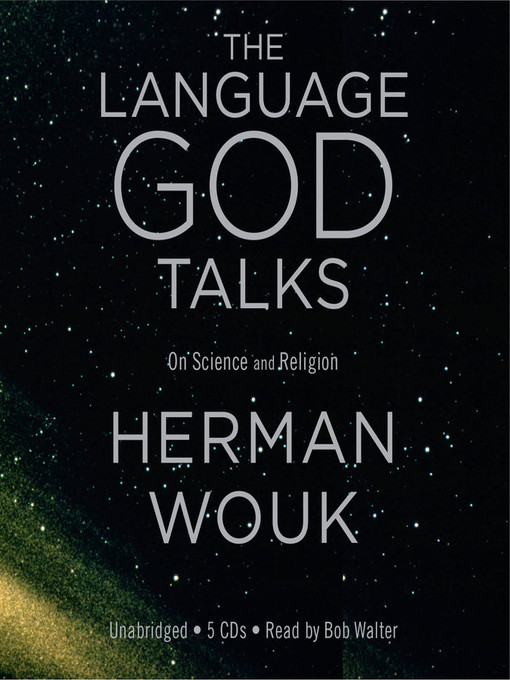- New eBook additions
- New kids additions
- New teen additions
- Most popular
- Try something different
- eBooks available now: for kids!
- See all ebooks collections
- New audiobook additions
- New kids additions
- New teen additions
- Most popular
- Try something different
- Thrilling Listens
- See all audiobooks collections





